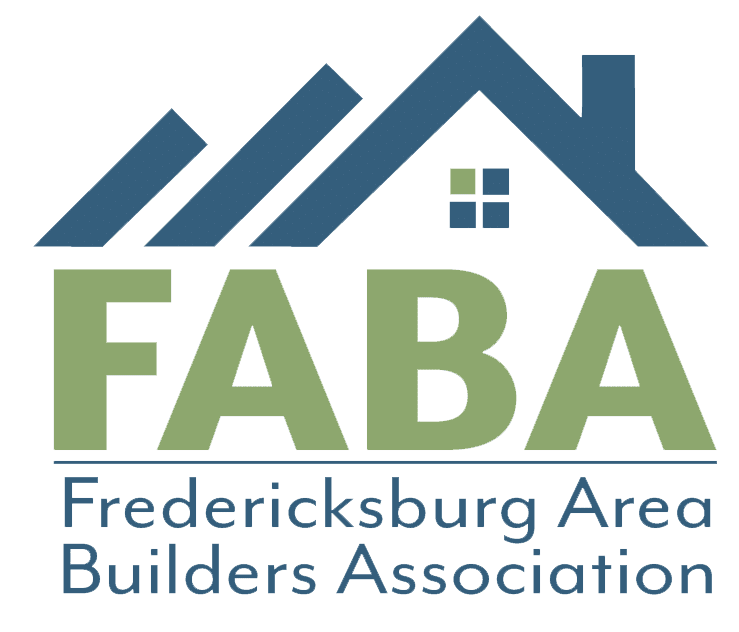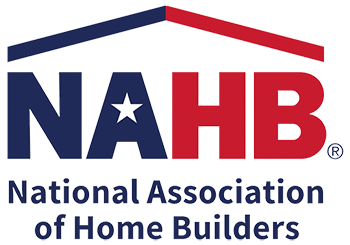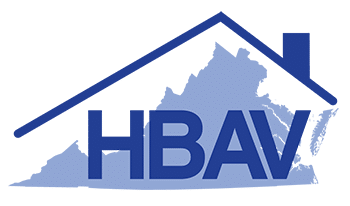Photo courtesy of Todd Usher
Homes are built to last 50 or more years. No one has a crystal ball to know exactly how people will be using their homes that far into the future, but several features are strongly trending. Building professionals may want to consider voluntarily including such features in their homes today to set their clients up for the next 10 to 20 years. One of these up-and-coming features for single-family detached homes is pre-wiring for electric vehicle (EV) charging.
“It’s like in the late ’70s to early ’80s when we started to hardwire for cable TV in every home,” explained Darrel McMaster, owner of Sustainable Homes Inc. in Boerne, Texas.
Your clients may not own an electric vehicle today, but they may be interested in one in the future and appreciate the value that a home pre-wired for EV may provide down the road. As of 2018, the median length of time owners stay in their homes in the United States is 13 years, which suggests many current builds may be up for resale by 2030.
Several auto manufacturers have announced they are phasing out combustion engine vehicles between 2025 and 2040, and as of 2018, EVs were projected to constitute 20% of annual vehicle sales by 2030. An increasing percentage of Americans will probably or definitely own an electric vehicle within the next five to 10 years, with 52% of respondents to recent surveys indicating such in 2021 compared to 15% in 2018. Current and pending financial incentives for both vehicles and the associated infrastructure may increase interest in a home that can accommodate EV charging.
“I feel that EV charging is here to stay. I already include it in my new homes and predict many builders will choose to do so as well within the next five years, if not sooner,” stated Todd Usher, founder and president of Addison Homes in Greenville, S.C. “I’m also looking forward to future technology that will enable the electric vehicle’s battery to provide backup power for the entire house when plugged in as well as store power generated from home photovoltaic [PV] systems.”
Currently, there are three levels of EV charging systems:
- Level 1: 120-volt standard 20-amp (AC), charges about 4 miles/hour
(Standard household outlet with dedicated branch circuit) - Level 2: 240-volt (40-100 amp) (AC), charges 20-60 miles/hour
(Similar to a clothes dryer outlet) - Level 3: 480-volt (DC), charges 50-200+ miles in 20 minutes
(Used for commercial charging stations)
Several of NAHB’s high-performance builders are primarily installing Level 2 outlets; all are doing so in the garages of their single-family homes. Some of their customers are asking for dedicated EV charging, some expect it to be part of their package (like a dryer plug), and many buyers indicate interest when builders note it as an available option.
“We are now including EV charging as part of figuring the loads required for the home and are seriously considering making at least the pre-wire part of our standard electrical package,” shared John Barrows, owner of P3 Group in Bridgehampton, N.Y. “For two of my projects, our typical 400-amp service was fine. For another, the two EV chargers were part of several electrical upgrades, requiring upgrading to 600-amp service.” (Note: Upgrade costs are utility market dependent.)
How much does this cost to install in a new single-family home? Wiring for a Level 2 system in single-family homes ranges from $500-$1,500, according to Homeadvisor.com, with the charging station running an additional $400-$2,000 — assuming 240V electrical service is already planned to that outlet. Ted Clifton, president of Zero-Energy Plans, LLC, based in Coupeville, Wash., has found if the main electrical panel is located in the garage, his costs for additional wiring is about $300.
It is important to note that preparing for, and installing, EV charging in multifamily properties and townhomes without a garage requires a different set of considerations to be taken into account. The information provided in this post is specific to single-family detached homes.
The popularity of EVs is expected to continue to grow, and offering this amenity could provide a market advantage and boost sales. Some builders are beginning to highlight this option in unique ways to capitalize on this growing interest, such as showcasing it in exhibitions and show homes.
“Our area has been at the forefront of offering EV charging infrastructure as an amenity by investing time and money on demonstrations at Parades of Homes, Showcases and Home Shows,” said Phil LaRocque, president of LaRocque Business Management Services, Albany, N.Y.
For more details about trends in sustainability and green building, contact Sustainability and Green Building Program Manager Michelle Diller. To stay current on high-performance residential building, follow NAHB’s Sustainability and Green Building initiative on Twitter.






